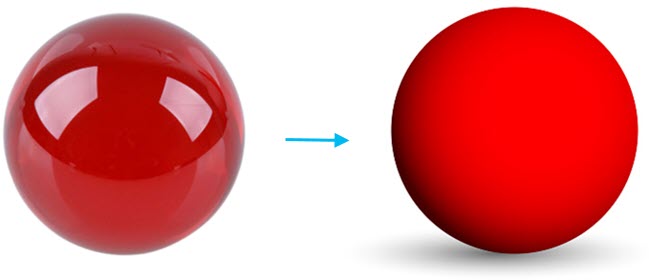| Label | Explanation | Data Type |
Input Features
| The multipatch feature class that was converted to a 3D object feature class. | Table View |
Use multipatch materials
(Optional) | Specifies whether the multipatch geometry will be visualized using material information from the associated 3D models or the texture and color information stored with the multipatch.
| Boolean |
3D Formats to Remove
(Optional) | Specifies the 3D model formats referenced by the 3D object feature layer that will be removed. Only the formats that have been linked to the input features can be specified.
| String |
Derived Output
| Label | Explanation | Data Type |
| Updated Input Features | The updated input features. | Feature Layer |
